It’s a day like any other, until the Migmies arrive. Noise plagues the Orchard, disrupting Harmony, so the Demi-Gods, outcast Peyska in tow, rush to the scene to restore order. Only then can the fish people swim, the bird people fly, and the cycle of death continue.
This is Astria Ascending, an RPG with as much tonal whiplash as the end of the previous paragraph and enough proper nouns to make Robert Jordan blush. Artisan Studios’ newest RPG is creative but underdeveloped. It’s ambitious even while its own inspirations hold it back.
Astria Ascending Review: Failed Ascent
Astria Ascending topples the usual RPG narrative from the start. Nations choose Demi-Gods, heroes with unique abilities, to fight the Noise every few years and maintain the balance of Harmony. Harmony is a convenient plot device and little more, but the interesting part is how Astria handles the heroes.
Being the chosen one is literally being marked for death. New ones rise up every three years because the old ones die at the close of the cycle. Instead of journeying across the world and assembling a party of heroes, your established group of dead-heroes-walking takes on multiple tasks in each of five regions to try and unravel a dark web of mysteries encasing the world.
It’s an intriguing setup for the first 10 minutes, but there’s a sense of having a well-defined main idea and giving less time or attention to the important pieces that connect it.
Most of Astria’s inhabitants have little to say, and wordy, awkward writing hounds conversations between party members. That’s off-putting in itself. Add dozens of unnecessary comments from party members who just have to pipe up and no option to skip through dialogue, and it’s downright obnoxious.
It’s not the only obnoxious thing in Astria. The cast is probably the least likable group of characters I’ve ever seen; it’s almost like they go out of their way to make you loathe them.
Astria is billed as a “mature” take on the genre, though its approach to heavy subject matter and character development never extends beyond general angst. The Demi-Gods divide themselves into cliques, argue frequently, and are generally unpleasant, as you might expect from a group of people pushed unwillingly to their own deaths.
I hoped that might change throughout the story, that the heroes might adopt new and different views about their fate and even see some meaningful changes in their relationships. I hoped in vain.
Character and even world development remain shallow throughout, which does little to help the feeling of missed opportunity and just leaves you with a group of bitter people being snarky to each other.
They’re also unrepentantly racist. The Peyskas are aquatic people who wear fish bowls and apparently attract the unbridled racism of everyone around them. They smell, the food they eat is atrocious, they’re lazy, untrustworthy, unintelligent — whatever goes wrong in the world, the Peyskas are to blame.
If Astria Ascending lived up to its promised maturity and actually did something with this or took a stance, that might redeem it slightly. Instead, it passes the behavior off as friendly banter, something the Peyskas and Peyska party members should just take in stride.
Once the dialogue (finally) stops, you’ll explore some exquisitely drawn environments across Astria’s five themed regions, though the execution falls flat here as well.
Astria pulls from multiple sources for its combat system, but the result is, well… one that’s obviously trying to be like other games. There’s a skill tree, but the skills are mostly pointless stat enhancements. You can fire a magic ring to stun enemies in the field, as in Tales of the Abyss, but there’s no real need to.
Each character belongs to a specific class with (theoretically) unique abilities, though it’s difficult to see the distinctions as anything other than arbitrary. There’s no reason to have a summoner, sorcerer, and scholar when they all fill the same role and even have overlapping skills. Battle itself uses a fairly standard turn-based system revolving around the Focus gimmick.
The party and enemies have their own Focus meters, and you can spend some Focus to charge attacks. It regenerates in abundance if you exploit the enemy’s weakness, and you can bulldoze through most battles just by spamming Focus. Astria shoves you into so many fights, and I’d have liked an extra layer to keep things interesting. Balancing Focus gets old before the first dungeon ends.
Astria Ascending Review — The Bottom Line
Pros
- Lovely art style
- The foundations of an interesting story that goes against the grain
Cons
- Combat is too simple
- Class and skill systems are unnecessary convoluted
- Flat writing and characterization
- Worldbuilding never expands beyond the initial setup
- Overreliance on fantasy tropes
- Someone please think of the Peyskas
Astria Ascending wants to be so many things, and perhaps that’s part of the problem. Instead of trying to be mature or recognizable, it should focus on its unique qualities and develop them into something interesting.
Whatever the case, it’s difficult to recommend Astria Ascending. There are dozens of other RPGs to give your time and money to, but if you’re curious about this one anyway, I’d strongly suggest waiting for a sale.
[Note: Dear Villagers provided the copy of Astria Ascending for the purpose of this review.]

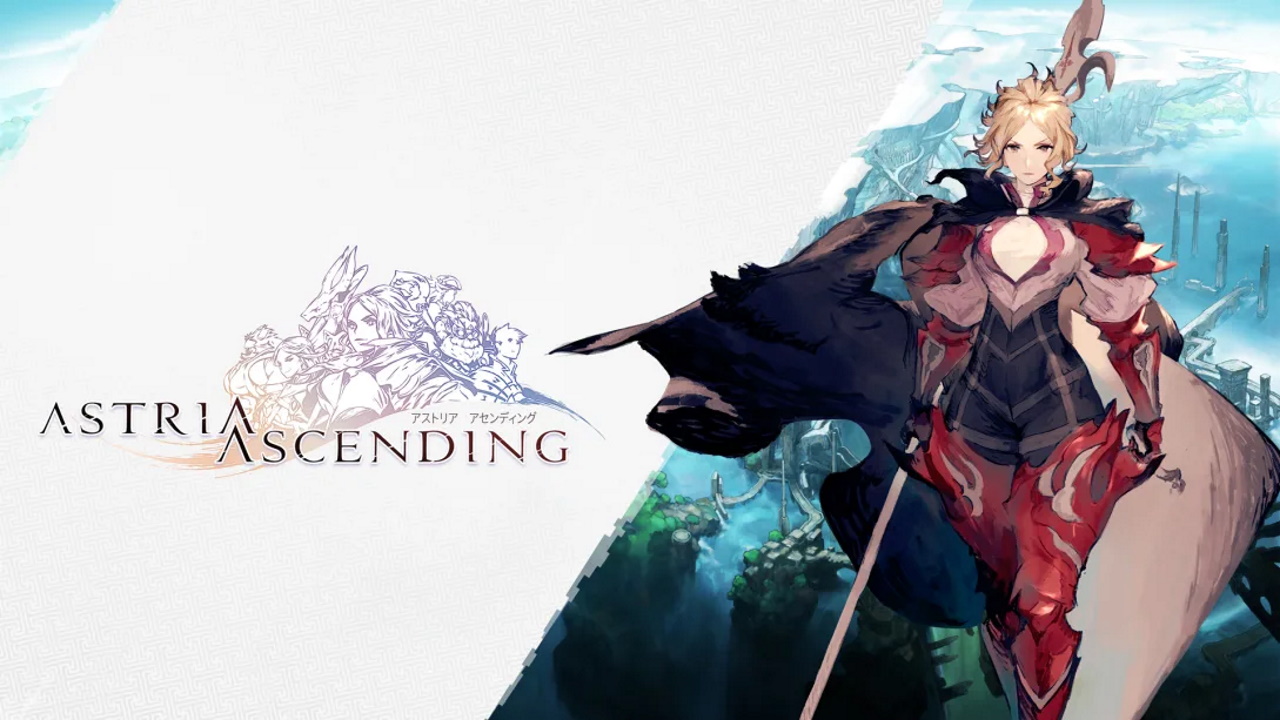
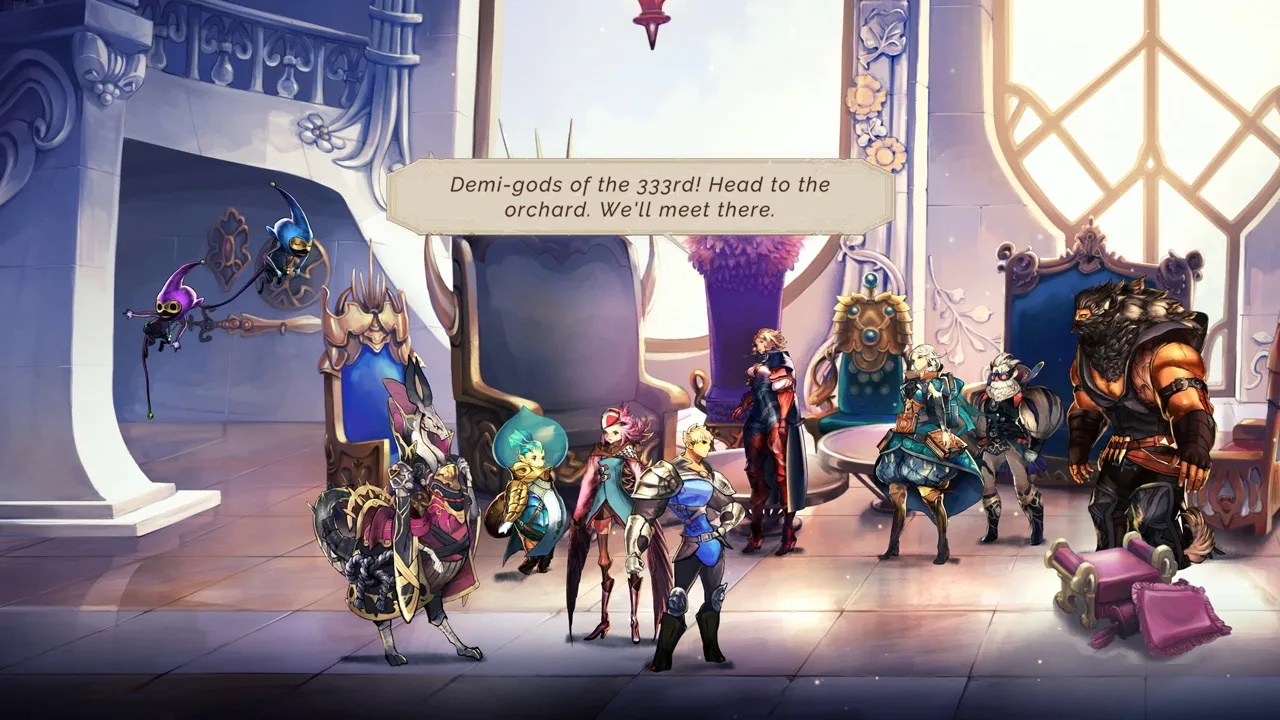
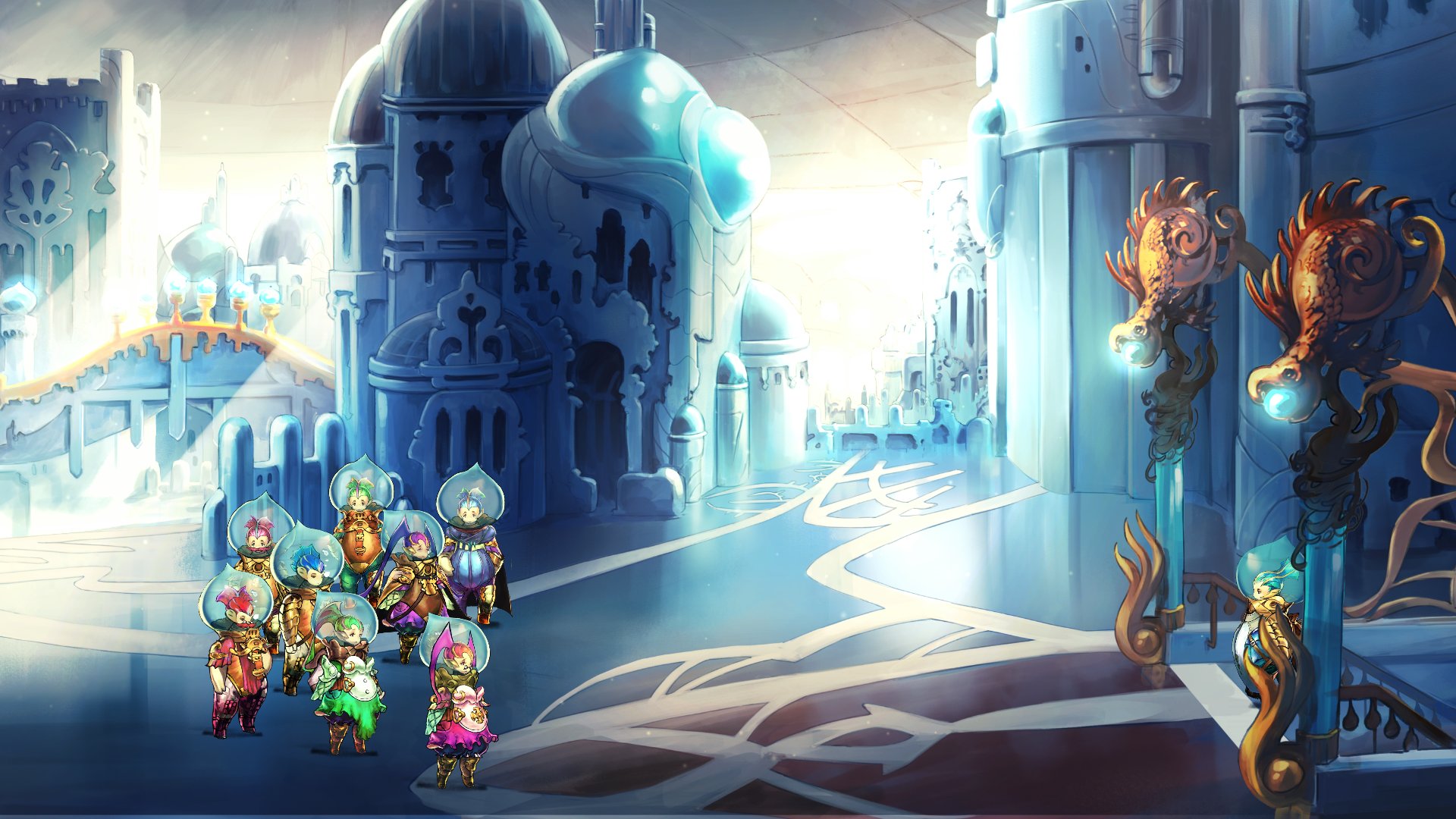
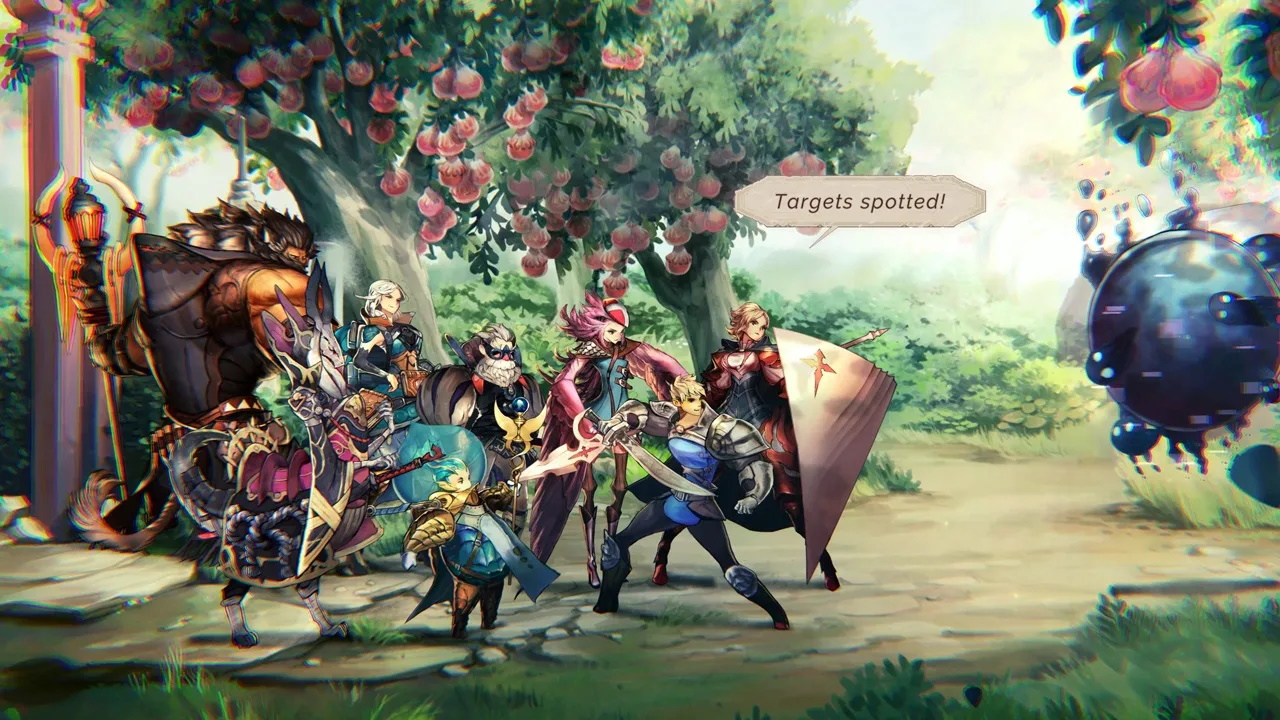





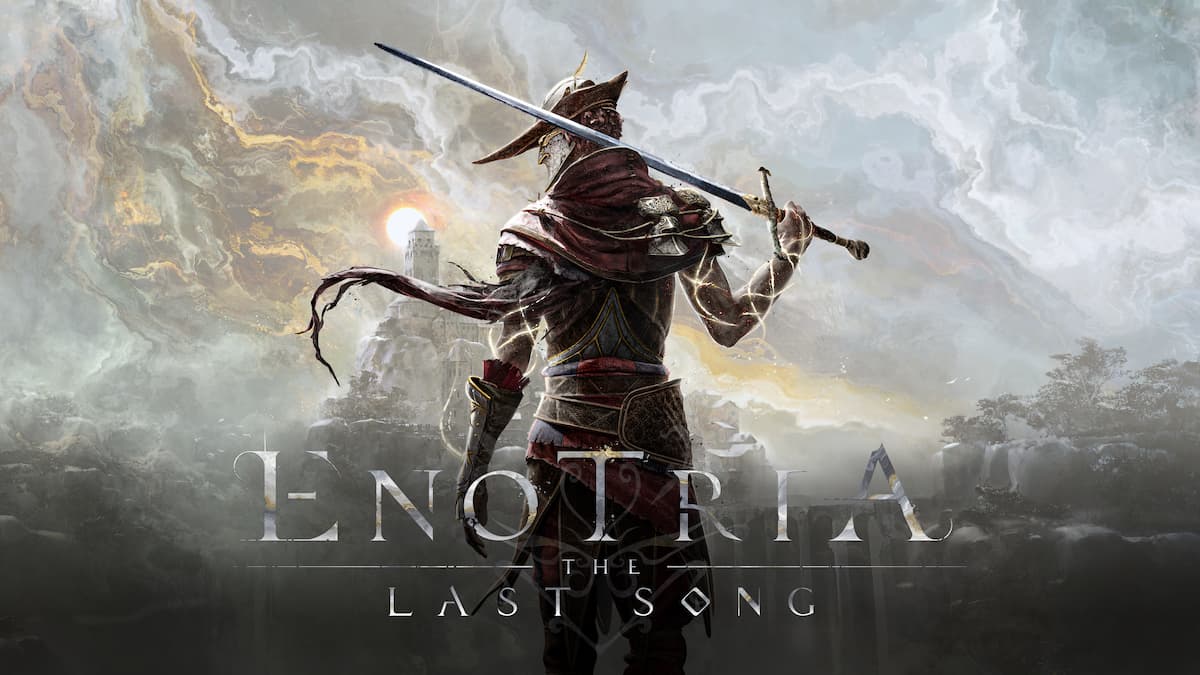
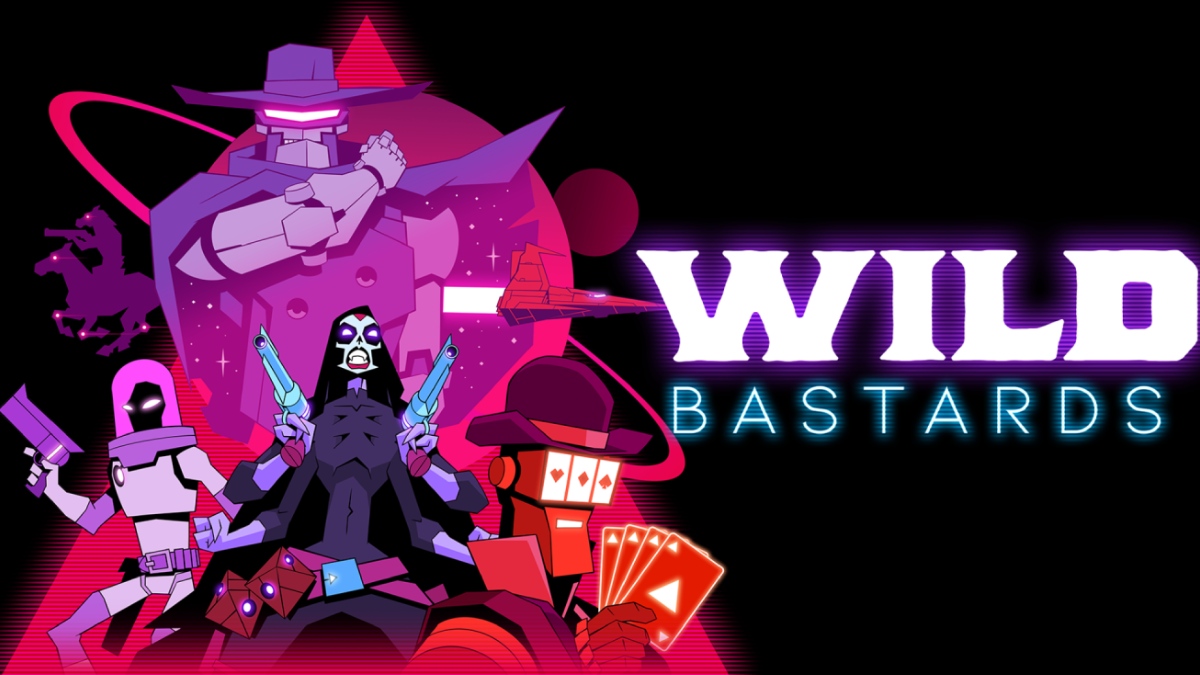

Published: Oct 5, 2021 04:00 pm